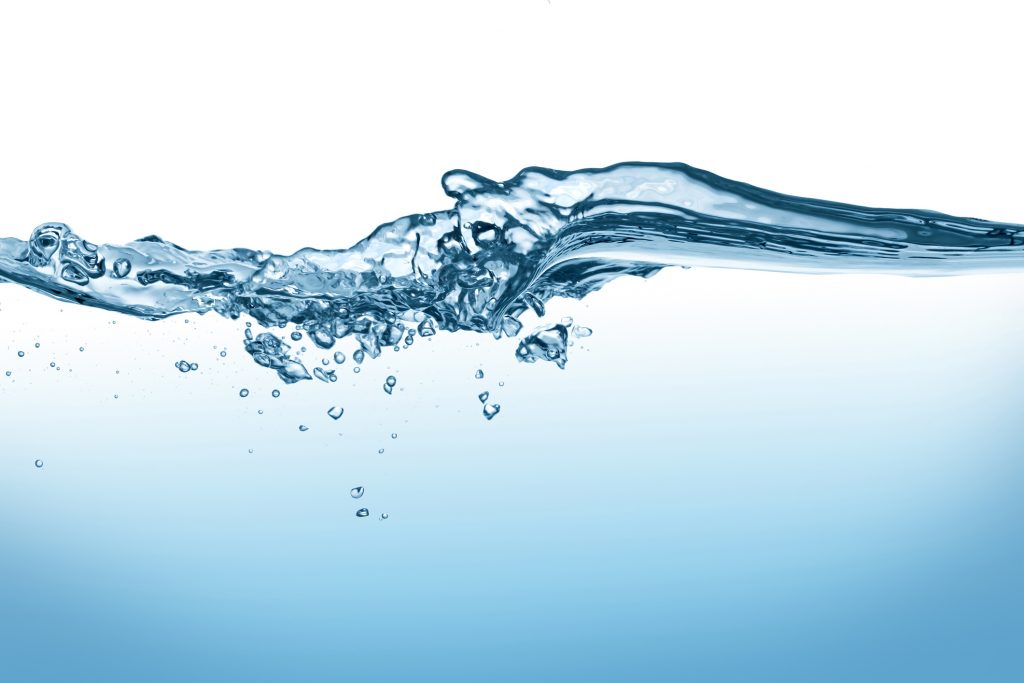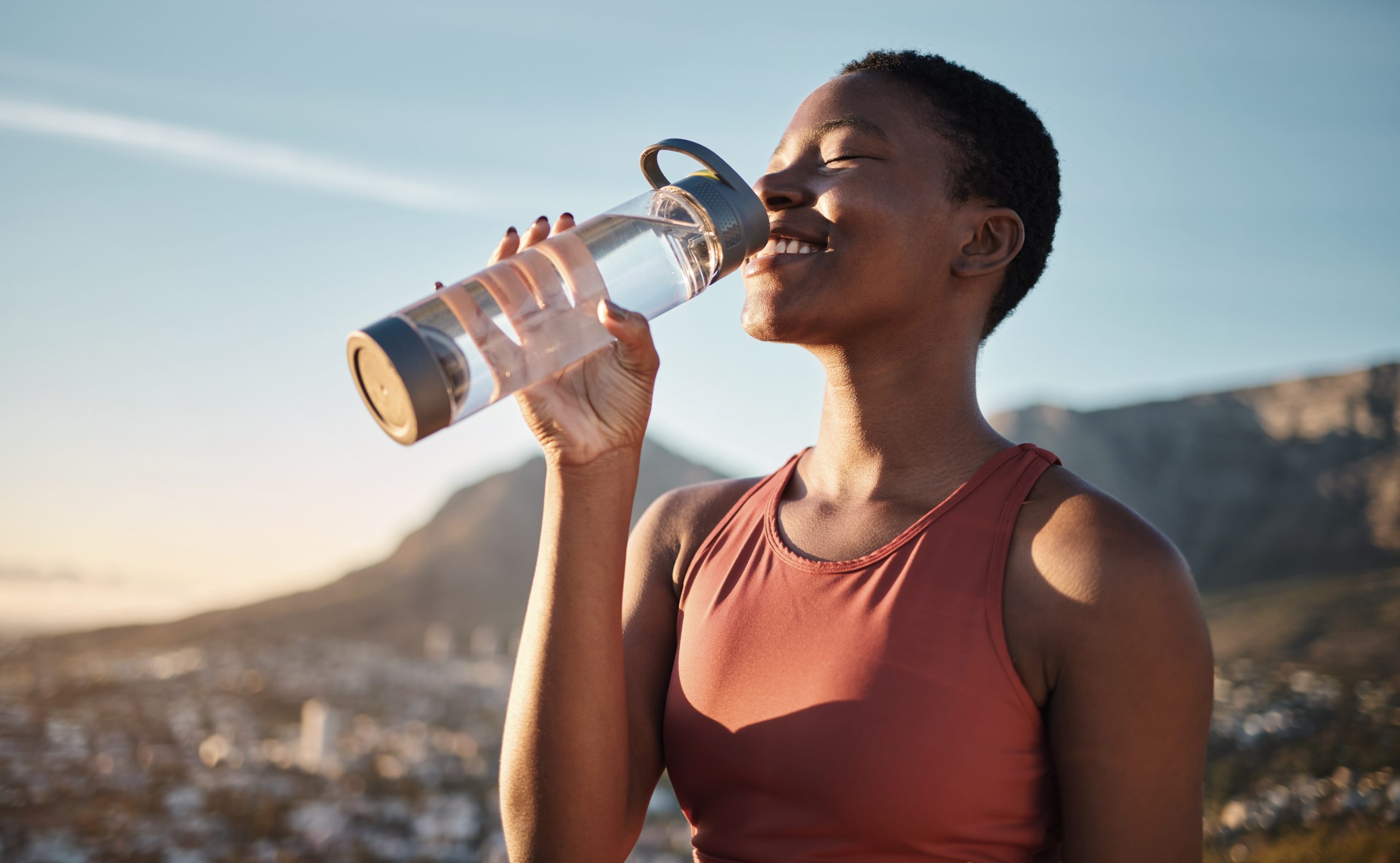In the wake of #WaterTok, and the Stanley Quencher cups phenomenon in 2023, there’s been a surge in flavoured and ‘enhanced’ water products flooding the market. These products boast an ocean of claims, from better hydration to improved health, well-being, and even beauty.
But amidst this hype, the crucial question remains: do these products actually deliver scientifically proven benefits for hydration or are they merely capitalising on marketing trends and TikTok fads?
To help us delve deeper into the claims made by the functional and premium hydration sectors, experts from the University of Stirling offer insights grounded in scientific research and analysis.
Let’s dive in.
Alkaline Water
What is it: Alkaline water boasts a higher pH level, making it less acidic than regular water.
The claim: It’s hailed as a cure-all, from neutralising acid in the bloodstream to preventing chronic diseases like cancer.
Dr Nidia Rodriguez-Sanchez says: “According to our research, the body – through the liver and kidneys – naturally balances acidity, making alkaline water’s benefits questionable at best. Most products don’t have enough alkalinity to make any real impact.”

To read more about the science, myths and best practice behind hydration, visit our hydration Research Spotlight article.
Electrolyte Water
What is it: Electrolytes are essential minerals like sodium and potassium, crucial for hydration and muscle function.
The claim: These solutions are marketed to reduce fatigue during exercise and improve endurance.
Professor Stuart Galloway says: “While electrolytes are vital for hydration, not all products are created equal. Research shows they can be beneficial during or after intense prolonged physical activity, but they’re not a one-size-fits-all solution. And if you’re already eating a balanced diet, you might not need that extra electrolyte boost.”
Vitamin-Enhanced Waters
What is it: These drinks boast added functional ingredients, including vitamins and minerals.
The claim: They provide a convenient way to get your daily dose of vitamins, especially for those on the go.
Dr Rodriguez-Sanchez says: “While vitamin-enhanced waters may offer a slight wellbeing boost, they don’t necessarily improve hydration. Often, the doses included are too small, and watch out for hidden sugars lurking in some brands. Most people will get micronutrients already via a healthy diet.”
Professor Galloway added: “Vitamin-enhanced water isn’t a substitute for eating a healthy diet – eating plenty of fruits and vegetables will ensure you have all the vitamins required.”
Conclusion
When it comes to hydration, it’s essential to separate the hype from the science. While some products may offer benefits, others might just be a marketing ploy. So, next time you reach for that fancy water, consider what the experts have to say.
Got a thirst for more? Try our Hydration Quiz
The content of this article is provided for general information only. Always obtain healthcare advice from a registered professional.

